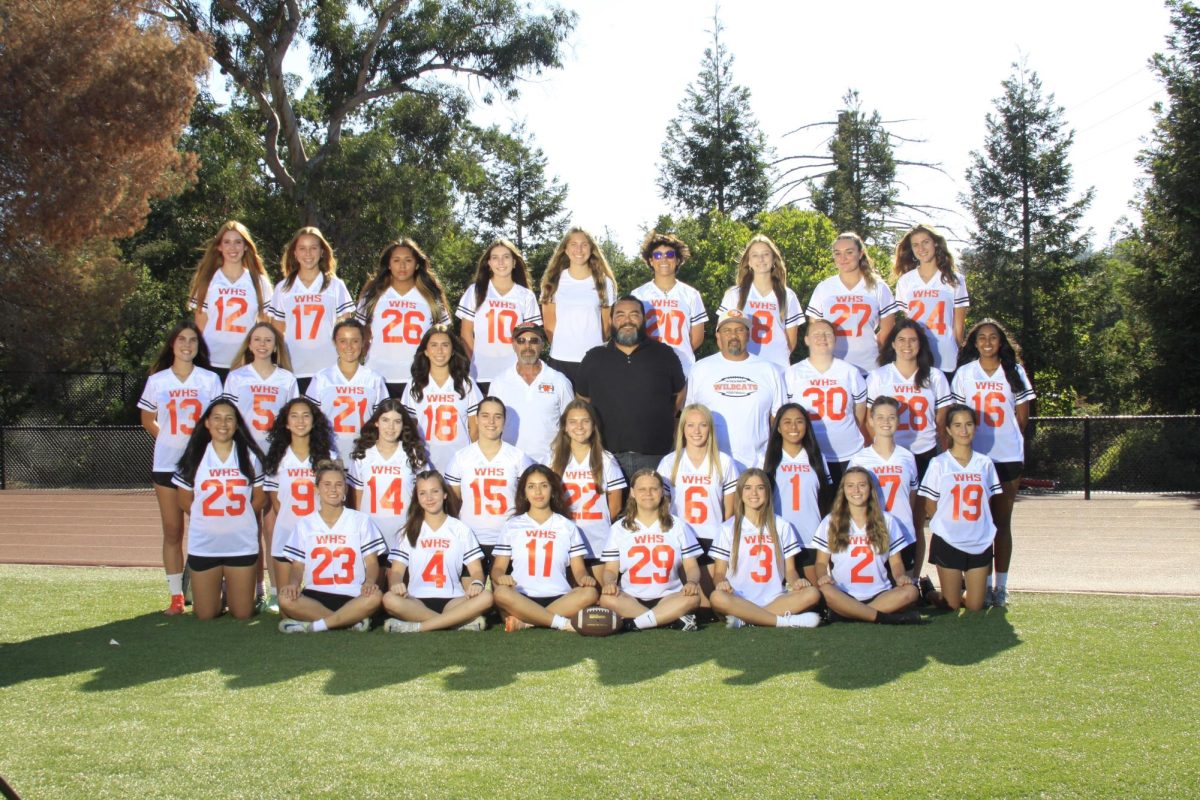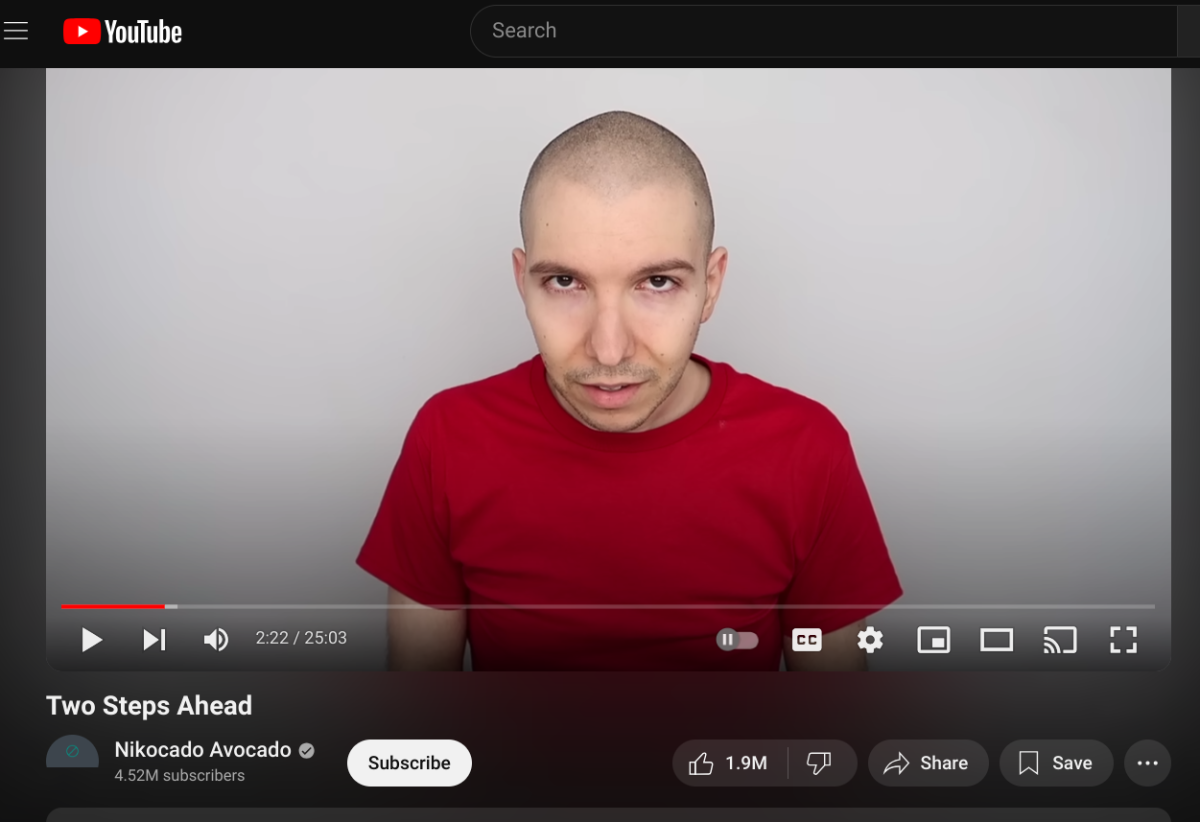Whether the subject pertains to elementary school crushes or long-term high school relationships, romantic connections begin for anyone with “rizz.”
The slang term “rizz” derives from the word charisma. Its use has spread like a wildfire on social media platforms, especially TikTok. Since its popularization, it has been spun off into other terms. Although rizz can be a funny term for teenagers to use, it also marks a cultural shift in the use of language in romantic interactions.
Throughout the rapid spread of the term, not all teenagers have the same definitions of rizz.
“[Rizz is] how you’re able to interact with someone you like and find attractive,” sophomore Lucas Farrell-Straight said. “It’s just like, ‘Oh, you can flirt.’”
Sophomore Christian Woo had a simpler definition of rizz.
“Rizz is game,” Woo said.
In this context, “game” is also a casual term. The popularization of these terms contributes to a common language between teens. It establishes familiarity between people meeting for the first time. It can also tell someone whether a stranger is in the same generational community.
“[Rizz] started as a more positive culture,” sophomore Asha Aggarwal said. “Now it’s kind of a joke culture.”
Despite losing meaning in terms of promoting positivity, having a shared joke among teenagers across international borders does promote community. The popularization of rizz has nurtured a shared knowledge of certain similar terms.
“[I teach] people about spoken and unspoken rizz,” Aggarwal said. “As well as the respect that you have to have for somebody to rizz them up.”
While Aggarwal talked about this, surrounding peers broke into laughter. Without context, someone not as present on social media may have not understood the humor of her statement.
“Spoken rizz is what you would say to somebody,” Aggarwal said. “Unspoken rizz is how you would carry yourself and how you would approach talking to the person and what you would do to make them even more attracted to you with the subtleties versus what you’re saying.”
Similarly, Farrell-Straight got laughs around the classroom as he explained informal expressions developed from rizz.
“[Teens form words like] rizz into some way to describe someone,” Farrell-Straight said. “Examples of phrases include “rizzard or rizzler.”
While these slang terms are positive in the way that they promote connections, they also can hinder the confidence of teens who have “L rizz” or “loser rizz.”
“[Rizz] can undermine someone’s confidence when they go to flirt,” Aggarwal said. “Their friends are like, ‘Oh, you have no rizz.’”
Many students reciprocated this same theme of jargon putting people down.
“It’s a really stupid term and it doesn’t need to be used,” Farrell-Straight said. “It lowers the quality of discussions that you might have with someone you like.”
The increasing use of such terms coincides with phrases like “pull,” which describes someone being able to attract another person. This shift in language is reflected in community linguistics.
“[Slang] changes the culture around [the] internet and media,” Junior Tai Vutnam said. “[It impacts] how people speak and how they form sentences.”
However, this shift in language may not be present in all later stages of relationships.
“I feel like this is more of a base-level thing,” sophomore Christian Woo said. “When it develops into a relationship, [the language] changes.”
While an abundance of slang in day-to-day language may have some negative impacts, it overall offers a fun colloquial way for young people to interact with each other.
“It’s just another word,” Woo said. “Is it hurting anyone?”














Marcus Marco • Dec 7, 2023 at 3:49 PM
Does this article have spoken or unspoken rizz?